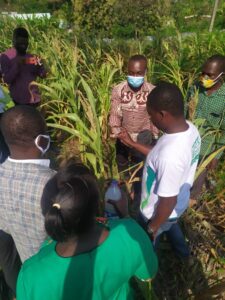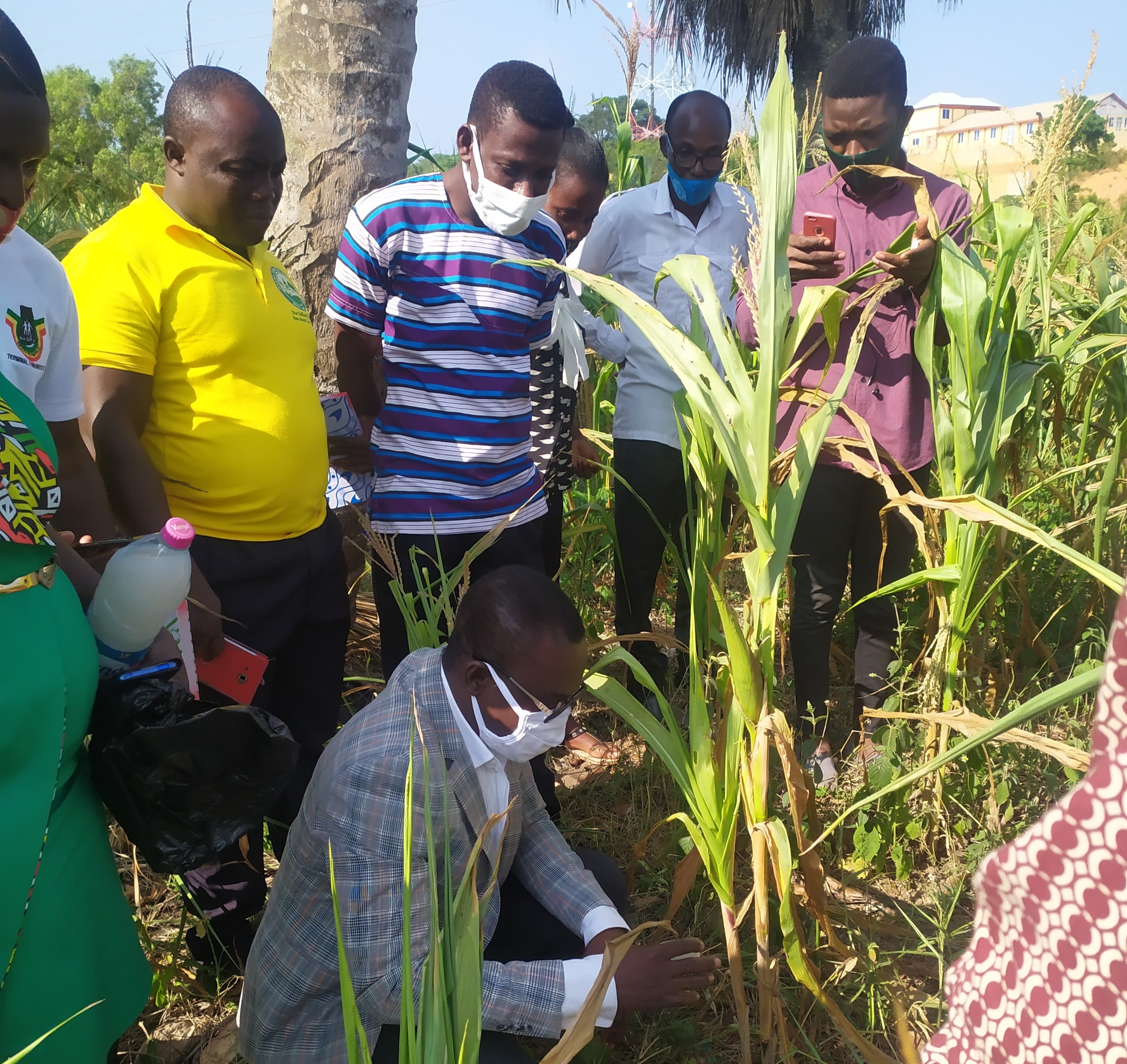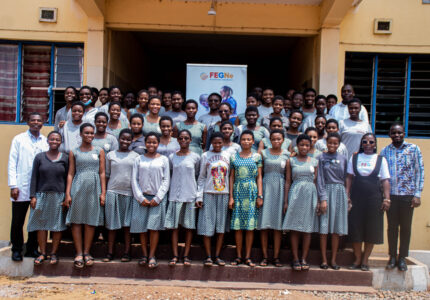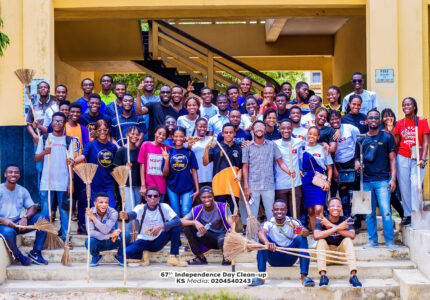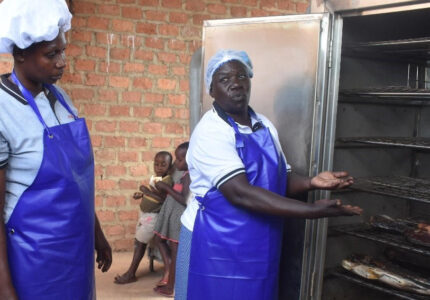A recent workshop held for officers, agents and staff of the Cape Coast Metro Department of Agriculture centered on “Integrated Soil Fertility Management Approaches for a Changing Climate and Sustainable Crop Yields.”
The keynote presenter and speaker, Dr. Kofi Atiah, a soil scientist with the University of Cape Coast presented on soil management practices, effective fertilizer use and estimation, starter solution preparation and application for vegetable crops.
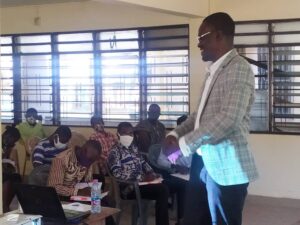
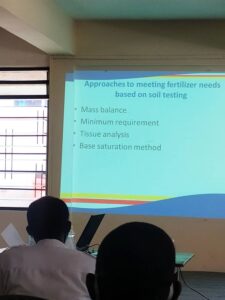
According to Dr. Atiah, the soil is a big resource which has become a hot-cake because of climate change. He advised that there should be proper land use policies and plans to protect agricultural production and that farmers should adapt farm management practices based on resources at their disposal and their environmental variability.
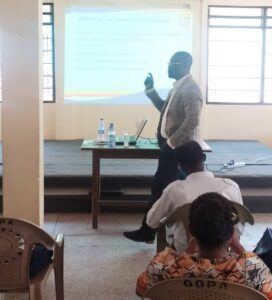
He also added that the galamsey (illegal mining) menace is destroying the soil by clearing the topsoil for a non-renewable resource as gold at the expense of the many crops it could produce over the years.
The program saw practical sessions where percentage content in fertilizer ratio was estimated by participants using various formulae.
There was preparation of starter solution for vegetable crops and participants had turns applying the solution to crops on a test field.
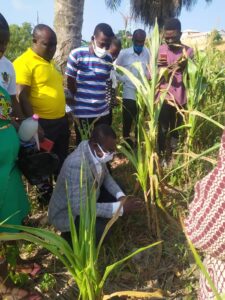
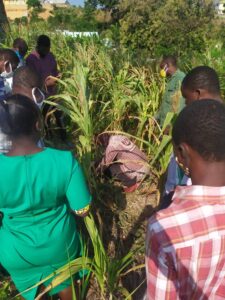
Participants also had the benefit of learning about Biochar, how it works and how it can be used to improve soil fertility and productivity.
On issues of breeding, Dr. Atiah said “You know what high yielding varieties do to the soil, they take up much nutrients. We tend to forget that when breeding for new varieties. We should know that in as much as we want improved varieties, we should also consider the soil in its management- fertilizer application, erosion management, structure management, nitrogen use efficiency and all that there is to note.”
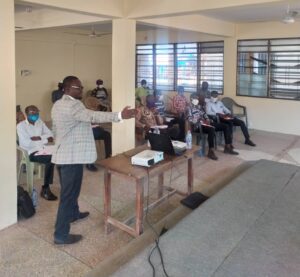
The Metropolitan Director of Agriculture, Mrs. Olympia Williams expressed her gratitude to Dr. Kofi Atiah and encouraged all participants to employ every knowledge and skill acquired from the workshop to better enhance and improve their work as agriculture officers and agents of the department.
